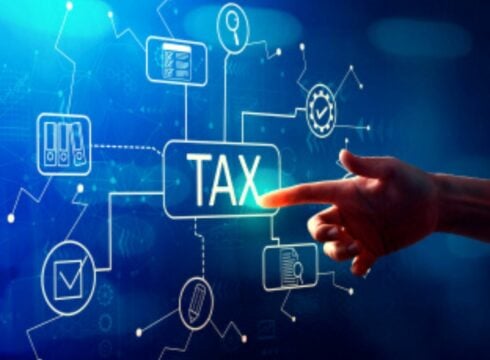SUMMARY
The government believes a digital tax will become a norm across the world
The US has initiated a probe against digital taxes of 10 nations
Discussions on the framework of digital taxes are going on in the OECD
Inc42 Daily Brief
Stay Ahead With Daily News & Analysis on India’s Tech & Startup Economy
Unfazed by the threat of a probe by authorities in the United States of the tax regime in India, the Indian government has decided to continue digital tax on companies like Google, Facebook, Netflix and Amazon, despite warnings from the US.
According to sources quoted in a report by the Economic Times, the government feels that other countries are also going to impose such taxes in the future. Besides India, Australia and New Zealand have also proposed similar digital taxes which are commonly known as ‘google tax’.
Even as a few other countries are also looking to levy digitisation fees, the rule has disappointed many US-based tech giants. In response, Washington has launched an investigation into digital taxes levied by around 10 nations including India.
According to sources quoted by Economic Times, the US proposal to make digital tax optional has made it more difficult to reach consensus. Prior to this decision, the US had cautioned the Indian government against the implication of digital tax imposed on tech giants.
The tax has been in place in India since 2016. According to the taxation rules, any entity that makes worth over INR 1 Lakh by selling digital services to Indians for B2B transactions should pay a 6% tax as an equalisation levy.
This is applicable to companies which do not have a permanent establishment in India. In April 2020, however, India has expanded the equalisation levy on all overseas ecommerce transactions originating from India.
The equalisation levy came into effect with the new fiscal year, FY21, started from April 1, 2020. Under this, ecommerce companies without a permanent establishment in India will have to pay an equalisation levy of 2%. This directly impacts ecommerce giants Amazon and Flipkart in India.
Not just the US, but Indian lobby groups are also pressuring the government to roll back the digital tax. For instance, the Internet and Mobile Association of India (IAMAI) has raised concerns about equalisation tax.
As of now, the government hasn’t shared the deadline for the ecommerce companies to submit the taxes. The Central Board of Direct Taxes, however, is expected to soon notify the relevant form for payment in line with the deadline.
Note: We at Inc42 take our ethics very seriously. More information about it can be found here.


